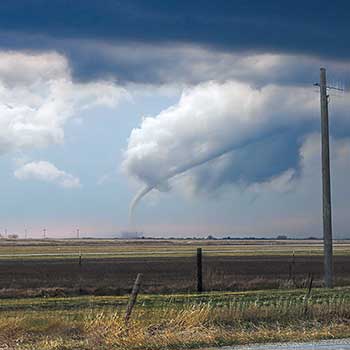TALLAHASSEE — When Rod Buvens climbed to inspect the tile roof of the Estero home in 2019, he quickly found signs of damage.
Hurricane Irma had churned through the area about 18 months earlier, but there were still broken tiles on the roof’s windward side — the side that bore the brunt of the storm’s force. When Buvens tested other tiles, trying to lift them with three fingers, many were loose.
Hired by St. Petersburg-based United Property and Casualty to assess the homeowner’s claim, Buvens wrote an estimate for a full roof replacement, at $70,000.
But that’s not what the homeowner received.
After seeing Buvens’ estimate, United Property and Casualty, known as UPC, sent engineers to the home. The engineers found six broken tiles, but reported no damage. A final report — with Buvens’ name on it — said the claim wasn’t covered and the homeowner was owed $0.
Buvens’ 2019 case is the earliest known accusation that an insurance company manipulated a homeowners’ assessment to reject or lowball a claim, a potential felony under state law.
The case, which came out in a civil lawsuit, was reported in 2021 to the Department of Financial Services, the state agency that investigates insurance fraud.
But state investigators quickly dismissed the complaint without interviewing Buvens. A spokesperson for the head of the agency, Florida Chief Financial Officer Jimmy Patronis, said it was closed “due to lack of participation by witnesses.” Yet that claim was refuted by Buvens in repeated follow-up emails to his office.
Since then, at least seven other adjusters for insurance companies have come forward saying their reports were similarly manipulated to pay homeowners less than their claim estimates. Four have given sworn testimony in civil cases, which can be used in criminal court. Three others spoke during the Florida legislative session in December.
The initial response from state regulators reflects how officials pursue complaints of fraud by policyholders and their advocates but not complaints against insurance companies, said Doug Quinn, executive director of the American Policyholder Association. It was Quinn’s association that referred the case to Patronis’ office.
“There appears to be no motivation to go after insurance companies,” Quinn said.
If you’ve recently struggled to get the compensation you deserve, it’s time to take action. Don’t let the insurance company deny your claim or offer a lowball settlement. Contact the Insurance Litigation Group today to fight for your rights and hold the insurance company accountable. Protect your property and future by taking action now.






